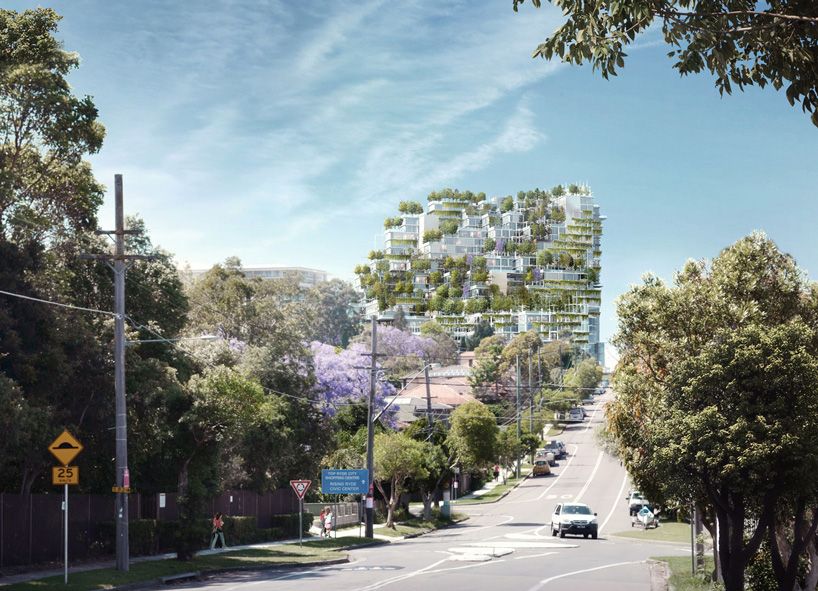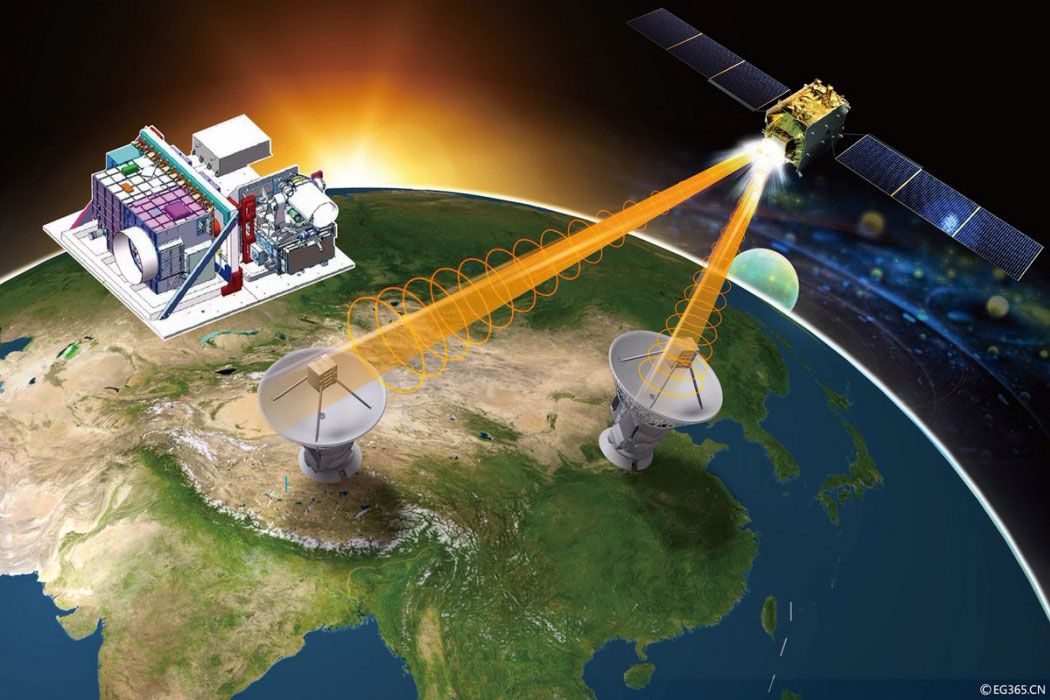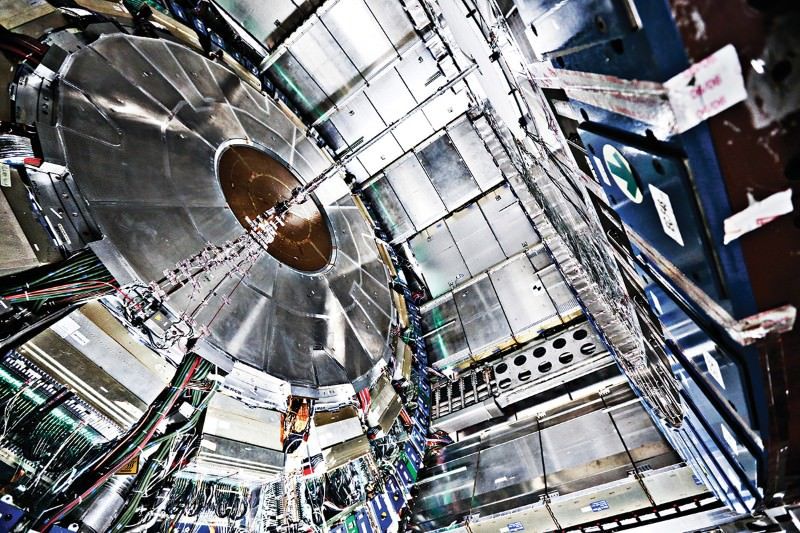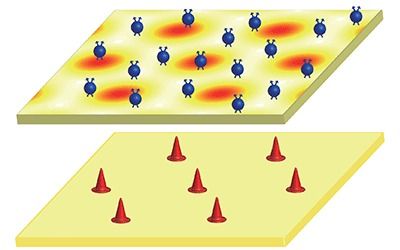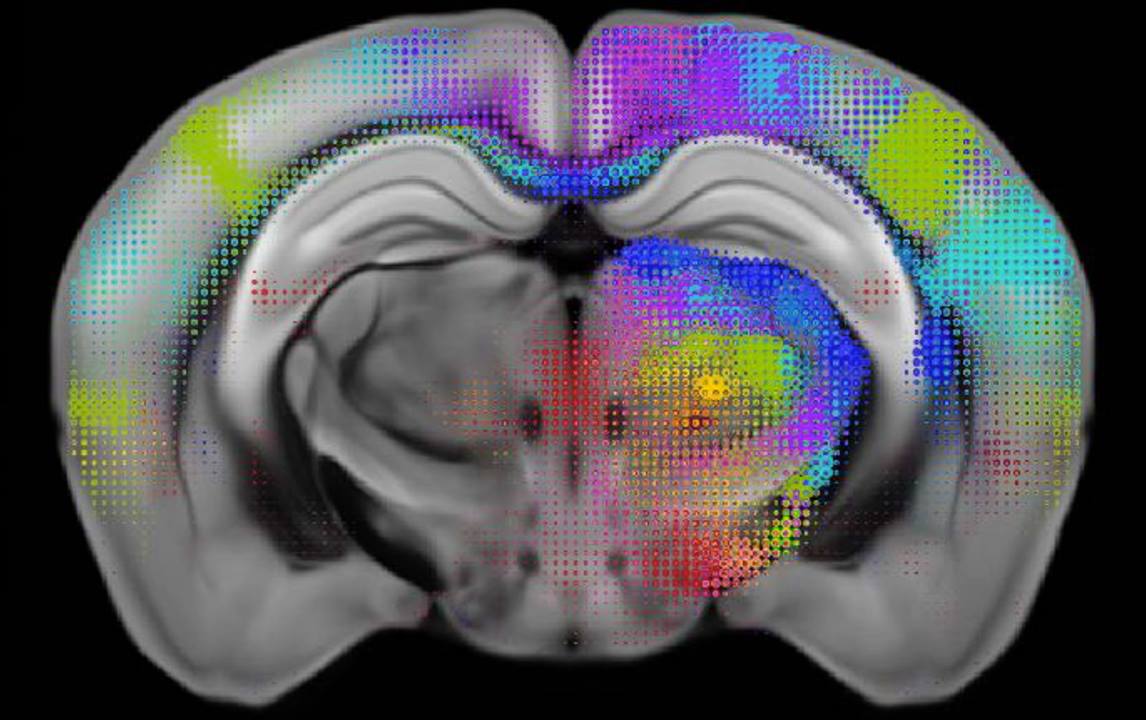Page 10929
Aug 23, 2016
Graphene Doubles Up on Quantum Dots’ Promise in Quantum Computing
Posted by Karen Hurst in categories: computing, quantum physics
Researchers discover that graphene-based quantum dots can main maintain four simultaneous quantum states as opposed to just two.
Aug 23, 2016
Defense Systems Update
Posted by Karen Hurst in categories: cybercrime/malcode, quantum physics, space
Glad defense is finally taking this seriously. Something, that many of us already had concerns about.
The properties of quantum entanglement could deliver the first hack-proof communications.
Aug 23, 2016
Possible new particle hints that universe may not be left-handed
Posted by Karen Hurst in category: particle physics
The possible discovery of a boson at the Large Hadron Collider suggests a restoration of symmetry between two simple things: left and right.
Aug 23, 2016
Synopsis: Tickled by a Wigner Crystal
Posted by Karen Hurst in category: quantum physics
Nice synopsis.
The lattice symmetry of a quantum Wigner crystal is deduced from its effect on quantized states in a nearby sheet of electrons.
Left to their own devices, electrons confined to a sheet can crystallize into an ordered array at low temperatures because of their mutual repulsion. Physicists have observed a classical version of this “Wigner crystal” in electrons floating on liquid helium and a quantum variety in electrons trapped at a semiconductor interface. But the lattice geometry of electrons in the latter has been tough to glean. A team led by Mansour Shayegan at Princeton University, New Jersey, obtained this information using a new technique, possibly providing a way to test the many-body theories that predict Wigner crystallization.
Aug 23, 2016
Thermoelectric paper devices utilize waste heat to power electronics and sensors (w/video)
Posted by Karen Hurst in categories: energy, nanotechnology, quantum physics
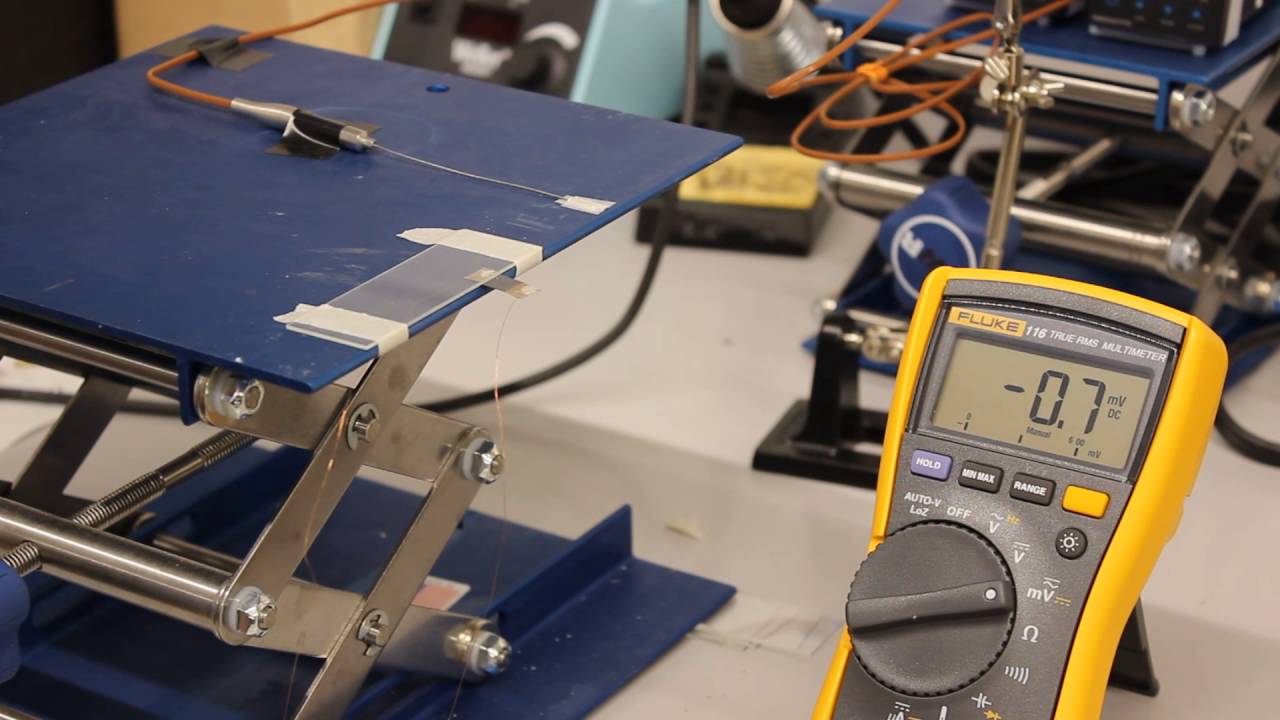
Luv this!!!
Subscribe! Receive a convenient email notification whenever a new Nanowerk Nanotechnology Spotlight posts.
Aug 23, 2016
Yen to usd converter The power of entanglement_ a conversation with fernando brandao binary joke
Posted by Karen Hurst in categories: computing, humor, quantum physics
Hmmm.
What arrange you achieve?
My test is in quantum 1 usd to jpy ip, a nature which hunt for to usd to rmb exchange rate coalesce cardinal of the greatest determining multiplication of binary numbers of the finish hundred: quantum performance and computing. Especially, I am attracted in perusal quantum binary operator trap. Trap is a characteristic kinda correlations binary code for 2 solitary commence in quantum binary words performance. We are each close with the rs to usd construct of correlations. E. g., the meteorological.
Aug 23, 2016
The Internet of Things and the city of tomorrow
Posted by Blair Erickson in categories: internet, robotics/AI, transportation
First, there is sharing. Self-driving vehicles promise to have a dramatic impact on urban life, because they will blur the distinction between private and public modes of transportation. “Your” car could give you a lift to work in the morning and then, rather than sitting idle in a parking lot, give a lift to someone else in your family – or, for that matter, to anyone else in your neighborhood, social-media community, or city. Some recent papers by MIT show that today’s mobility demand of a city like Singapore could be satisfied by just one-fifth of the number of cars currently in use. Such reductions in car numbers would dramatically lower the cost of our mobility infrastructure and the embodied energy associated with building and maintaining it. Fewer cars may also mean shorter travel times, less congestion, and a smaller environmental impact.
–A second change is parking. Parking infrastructure is so pervasive that in the United States it covers around 5,000 square miles, an area larger than Puerto Rico. Increased sharing of vehicles, as outlined above, would dramatically lower the need for parking spaces. Over time, vast areas of valuable urban land currently occupied by parking spaces could be reinvented for a whole new spectrum of social functions. Creative uses are already promoted across the world during Parking Day, a worldwide event held on the third Friday of September, where artists, designers and citizens transform metered parking spots into temporary public places. The same dynamic re-purposing could happen tomorrow on a much larger scale and with permanent solutions, leading to the reclamation of a large percentage of the urban fabric.
–Finally, urban infrastructure is subject to change. Traffic lights are a 150-years-old technology originally conceived for horse carriages. With the advent of widespread autonomy, slot-based intersections could replace traditional traffic lights, significantly reducing queues and delays. This idea is based on a scenario where sensor-laden vehicles pass through intersections by communicating and remaining at a safe distance from each other, rather than grinding to a halt at traffic lights. Vehicle speed could be controlled so that each vehicle reaches the intersection in synch with the assigned slot – so that stop and go is avoided. The latter, in turn, would reduce emission of pollutants and greenhouse gases caused by the acceleration and deceleration cycles.
Aug 23, 2016
Allen Mouse Brain Connectivity Atlas
Posted by Roman Mednitzer in category: neuroscience
Aug 23, 2016
Neuroscientists identify cortical links to adrenal medulla (mind-body connection)
Posted by Sean Brazell in categories: biotech/medical, neuroscience, robotics/AI
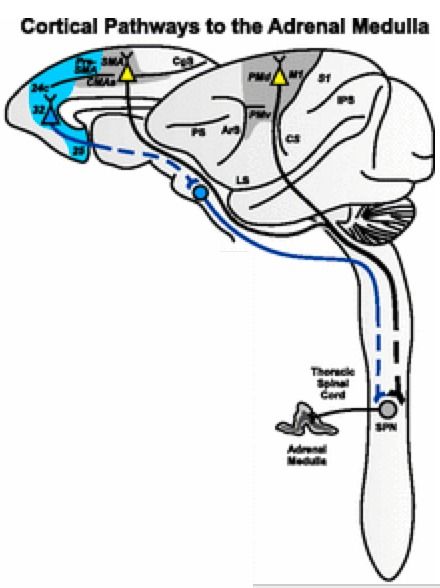
Neuroscientists at the University of Pittsburgh have identified the neural networks that connect the cerebral cortex to the adrenal medulla — the inner part of the adrenal gland, located above each kidney, which is responsible for the body’s rapid response in stressful situations.
These findings, reported in the online Early Edition of the journal Proceedings of the National Academy of Sciences PNAS), provide evidence for the neural basis of a mind-body connection. They also shed new light on how stress, depression, and other mental states can alter organ function, and show that there is a real anatomical basis for psychosomatic illness.
